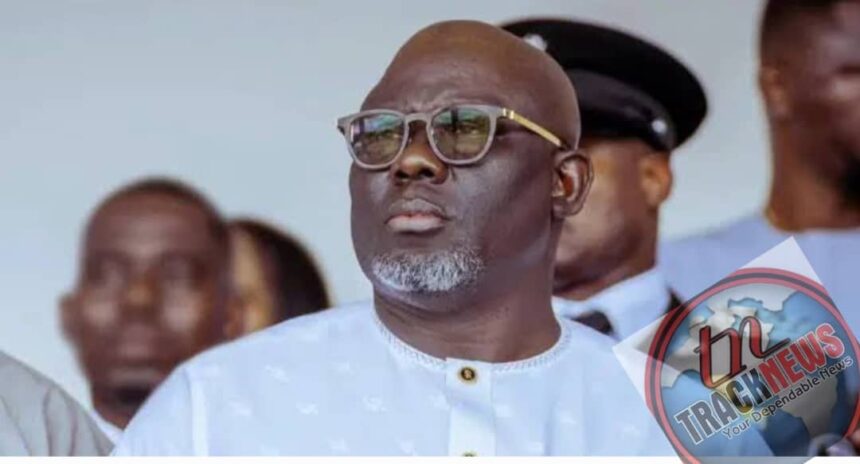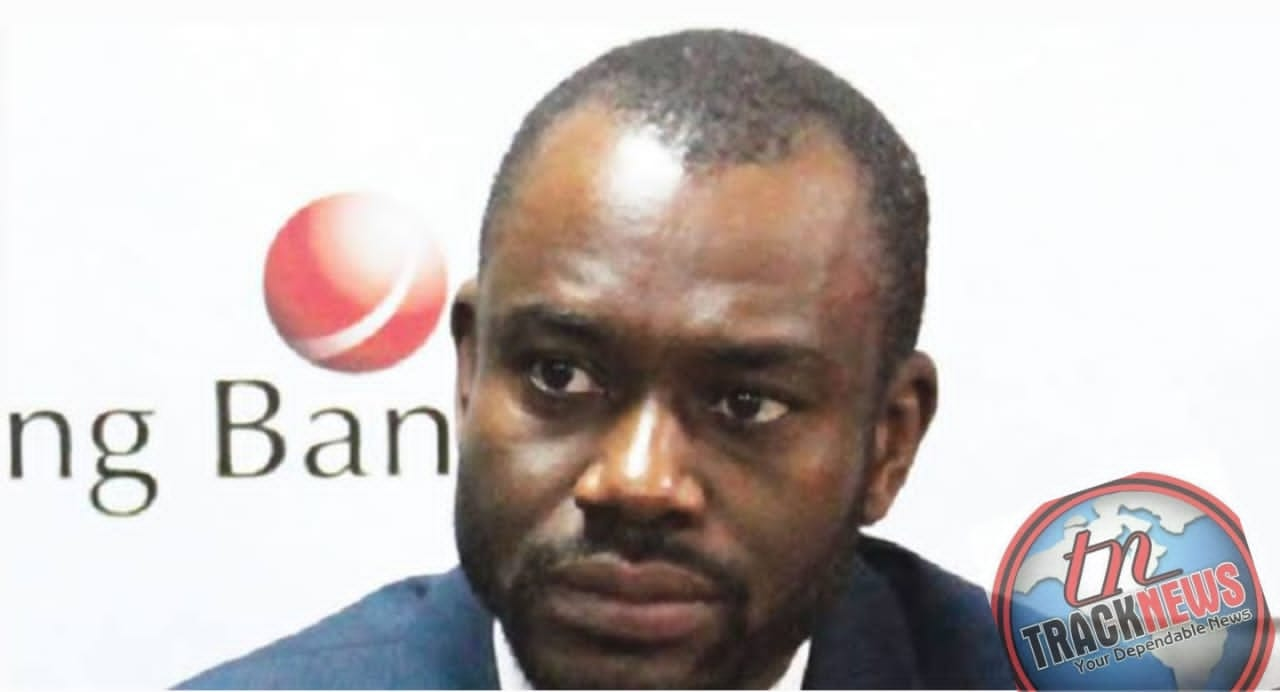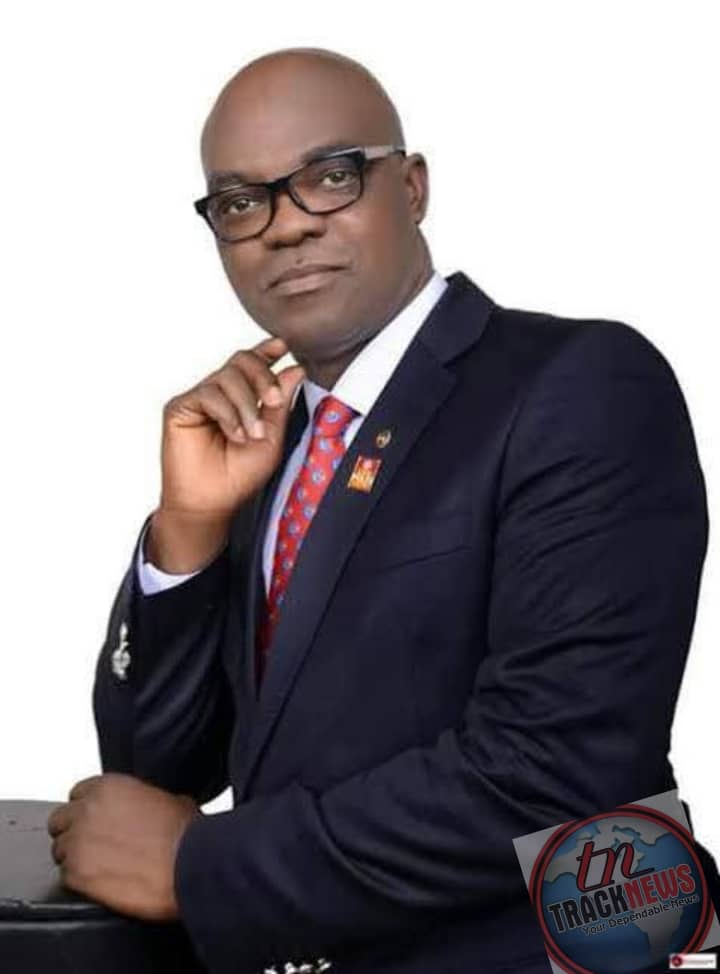Fresh allegations have surfaced over the management of the Delta State Oil Producing Area Development Commission (DESOPADEC), with contractors claiming that Governor Sheriff Oborevwori, the Delta State House of Assembly Committee on DESOPADEC, and members of the commission’s executive management are aiding in the diversion of funds meant for project execution. The alleged diversion has reportedly stalled payments to contractors, leaving debts of about N15 billion from contracts awarded between 2022 and 2025 unpaid.
According to findings, the commission has been unable to offset its rising debt profile due to insufficient funding in its 2023 budget. Contractors argue that despite huge allocations that should have gone to DESOPADEC in recent years, particularly an estimated N114 billion between January and June 2025 from the Federal Accounts and Allocation Committee (FAAC), only a fraction of the money is reaching the commission. Sources alleged that Governor Oborevwori has released only about N1 billion monthly to settle outstanding obligations, far below what is required to cover completed projects.
Investigations also revealed that contractors who executed projects under the 2023 DESOPADEC budget have largely been left unpaid. Out of 350 contracts awarded that year, most of which have been completed, only politically connected contractors or those recommended through the governor’s office are reportedly receiving payments. The practice has left the majority of contractors stranded and financially distressed.
A contractor, Chief James Ojo, alleged that funds belonging to DESOPADEC are being diverted by the governor with the cooperation of the commission’s management and the House Committee. He warned that those complicit could face legal consequences in the future. According to him, “you can’t owe contractors while that huge sum comes to DESOPADEC on a monthly basis if the funds are not being diverted.”
Another contractor, who chose to remain anonymous, lamented that unlike state-level contracts where mobilization fees are paid upfront, DESOPADEC contractors receive no such support. Instead, they are expected to finance projects on their own, and even after completion, payments are delayed or withheld. Contractors claim that despite these challenges, completed projects are still showcased in DESOPADEC’s publications as evidence of progress, misleading the public about the commission’s actual performance.
The impact of delayed payments has extended beyond financial strain. Reports suggest that some contractors have died under pressure, while others have suffered health crises such as strokes. A number have reportedly fled the state to avoid arrest over bad cheques issued in anticipation of DESOPADEC payments. Banks, on their part, are said to have stopped financing DESOPADEC contracts due to the commission’s reputation for defaulting on obligations, forcing contractors to resort to high-interest money lenders at rates of 10 to 15 percent monthly.
One contractor, Mr. Kevwe Ogbodo, accused the governor of suffocating the livelihoods of contractors. He said, “Governor Sheriff Oborevwori for denying funds to DESOPADEC and thereby not paying the contractors is kneeling on the necks of the contractors so now they can’t breathe.” He added that the governor risks facing prosecution by the Economic and Financial Crimes Commission (EFCC) after his tenure, citing the fate of previous Delta leaders such as James Ibori and Ifeanyi Okowa.
Another aggrieved contractor who claims he is owed about N500 million pointed to solutions used in past administrations. He recalled that former Governor Emmanuel Uduaghan once directed banks to pay DESOPADEC contractors directly, while the state government reimbursed the banks later. He noted that Uduaghan deposited N1.5 billion with Sterling Bank as security to ensure contractors received payments without delay.
Frustrated contractors have now threatened legal action. Last week, DESOPADEC was served with a one-month pre-action notice by a group of contractors demanding explanations on why contracts are awarded without guaranteed funding. They also want the commission to account for monthly allocations spanning 2023 to 2025, insisting that the lack of transparency has crippled their businesses.
Contractors further allege selective payments within the commission. While politically connected board members reportedly receive payments running into tens of millions, most other contractors are said to receive only token sums—sometimes N2 million to N5 million—for projects worth up to N50 million. Many argue this selective settlement is deepening mistrust and worsening the commission’s already battered reputation.
The mounting grievances reflect growing concerns over financial management in DESOPADEC and its ability to fulfill its mandate in Delta’s oil-producing communities. With debts now estimated at N15 billion and contractors mobilizing for court action, the issue has become a significant political and economic flashpoint in the state.





